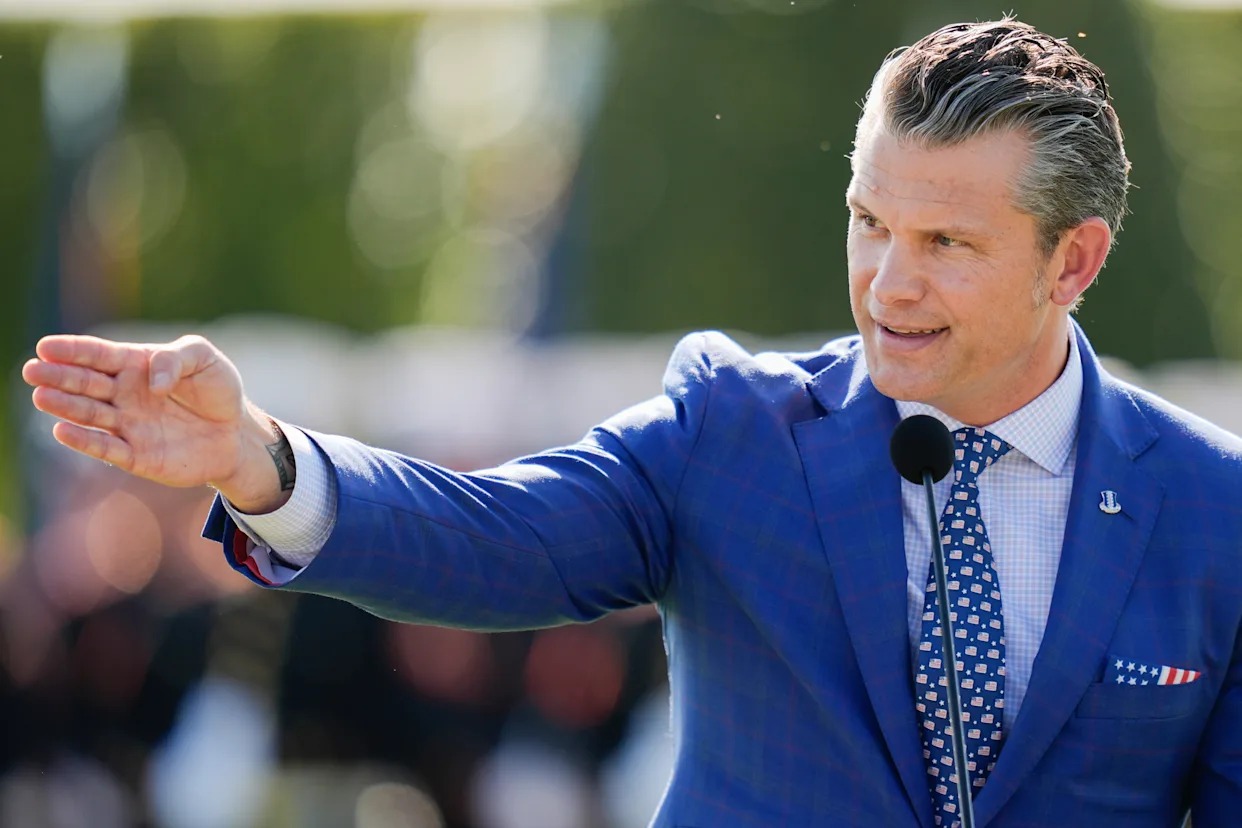The Shadow Pact: A Tale of Power, Secrets, and Betrayal
In the dimly lit corridors of Brussels, whispers echoed louder than speeches. The European Union summit had officially ended, but the real negotiations had only just begun. Behind closed doors, away from cameras and scripted statements, a clandestine gathering was taking shape — one that could alter the fate of entire nations.
At the center of it all stood Chancellor Lukas Reinhardt, a man whose calm exterior hid a storm of ambition. Publicly, he was celebrated as the face of unity, the leader capable of bridging divides between East and West. Privately, he was orchestrating a dangerous game — one that balanced on the knife’s edge of loyalty and betrayal.
The crisis that had sparked this secret meeting wasn’t economic or military. It was something far more fragile: information. A cache of classified documents had been leaked, revealing the staggering extent of surveillance programs targeting not just rival states but allies. The documents threatened to unravel decades of diplomacy and trust.
But Reinhardt wasn’t alone in this. At his side was Elena Marquez, Spain’s foreign minister, whose sharp wit and political instincts made her both an invaluable ally and a dangerous adversary. She carried her own agenda: leverage the chaos to push Spain into a stronger negotiating position within the EU.
The documents hinted at something far darker than mere spying. They contained evidence of a covert alliance known as The Shadow Pact — a coalition of influential leaders and corporations who had been secretly manipulating policy decisions, energy supplies, and even election outcomes across Europe. If exposed, careers would collapse overnight.
As the rain battered the windows of the secret chamber, Reinhardt leaned forward.
“We must decide tonight,” he said, his voice steady but urgent. “Either we destroy the evidence… or we control the narrative before someone else does.”
Elena’s eyes narrowed. “And who decides what the truth is? You?”
Silence fell. Across the room, other ministers shifted uncomfortably, each calculating the risks of silence versus exposure. Some feared that burying the evidence would only strengthen The Shadow Pact, while others feared that unveiling it would trigger economic chaos, collapsing markets and igniting political revolutions.
Then came the twist. An aide rushed in, pale and trembling, clutching a single envelope. Inside was a letter — unsigned, but unmistakably authentic. It was a warning: The Shadow Pact knows of this meeting. Choose wisely. Tonight, there are more eyes on you than you think.
The room plunged into chaos. Who had leaked their location? Was there a traitor among them?
Reinhardt slammed his fist against the table. “If we hesitate, we are finished. History will remember us not as leaders, but as pawns.”
But Elena whispered something colder: “Perhaps history will remember us as the ones who dared to burn the game board.”
By dawn, the chamber was empty, but the world outside remained oblivious. Markets opened, politicians smiled for cameras, and the public carried on unaware. Yet somewhere, hidden within encrypted servers and private vaults, the documents still existed — ticking time bombs waiting for the right moment to explode.
And in that fragile silence, the question lingered: who truly held the power — the leaders in public, or the shadows that had bound them all?
